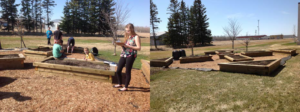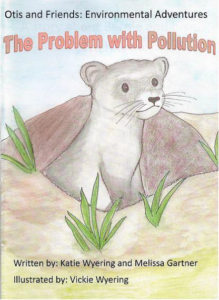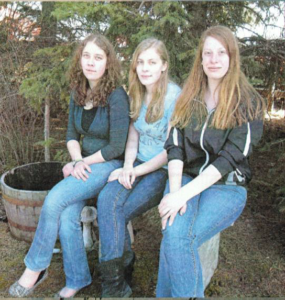2012 Sacramento, California, USA
Florin High School students identified an opportunity on their school campus to demonstrate water-efficient landscaping, educate fellow students, parents, and community members, and beautify the school. Their proposal was to overhaul 8 old school planter boxes, which formerly held only unsightly weeds, old tree stumps, and garbage, by planting drought-tolerant California native species. Native species are adapted to the local climate and environment and do not require long-term irrigation or use of pesticides.
Acknowledging the diversity of their community, they also planned to install interpretive signs in 8 languages to educate on the benefits of landscaping with native species, such as conserving water, supporting native pollinators and bird species, etc. Students also would to give tours of the planters on back to school nights and other events to educate community members in addition to the student body.
When the students, who were mostly 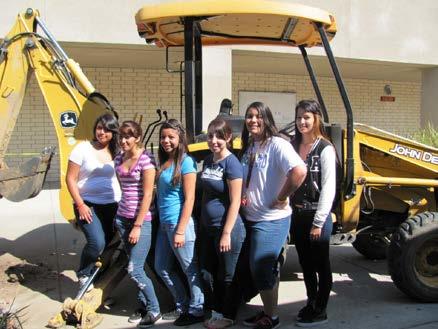 ESL Learners, gave a solid presentation at the 2012 Caring for Our Watersheds (CFW) final competition, they took second place and decided to implement their project with available CFW funds and additional club fundraisershe CFW finalists, as well as other members of their Watershed Team, planted in two phases. Fortunately, the school donated maintenance staff time to clear the planters of old tree stumps and fix existing irrigation, as this required some machinery. The students then refilled the planters with soil and planted a variety of California native forbs and shrubs. In addition to drawing attention to the newly refurbished planters, the students also drew more attention and interest to their afterschool Watershed Team, which has since tripled in size. These students will not only continue to care for the planter boxes, but will also continue to pursue other watershed stewardship and education opportunities in their community
ESL Learners, gave a solid presentation at the 2012 Caring for Our Watersheds (CFW) final competition, they took second place and decided to implement their project with available CFW funds and additional club fundraisershe CFW finalists, as well as other members of their Watershed Team, planted in two phases. Fortunately, the school donated maintenance staff time to clear the planters of old tree stumps and fix existing irrigation, as this required some machinery. The students then refilled the planters with soil and planted a variety of California native forbs and shrubs. In addition to drawing attention to the newly refurbished planters, the students also drew more attention and interest to their afterschool Watershed Team, which has since tripled in size. These students will not only continue to care for the planter boxes, but will also continue to pursue other watershed stewardship and education opportunities in their community
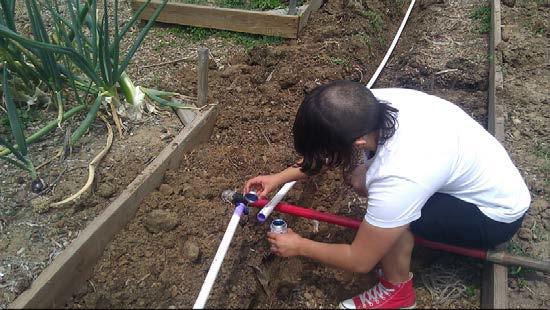
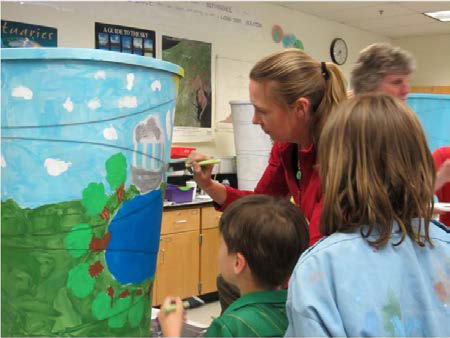
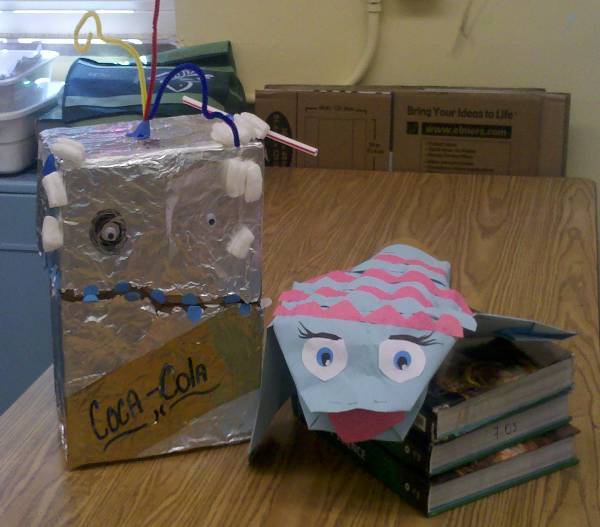
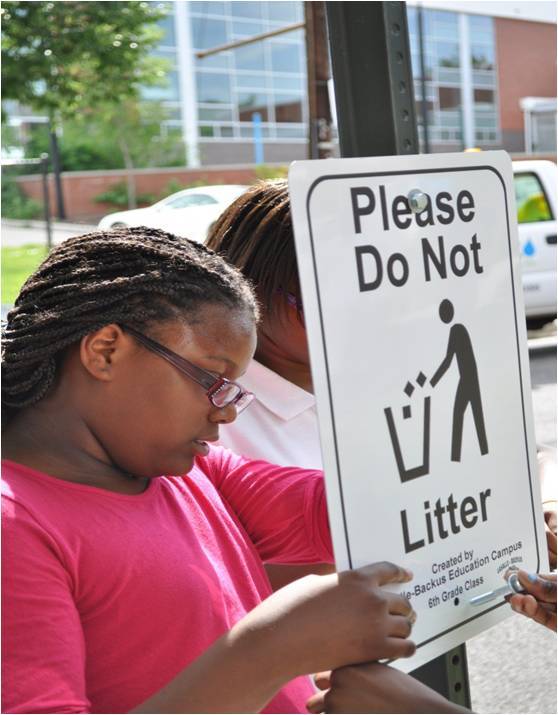

 The contest was open to all students of San Antonio de Areco watershed schools. Each student could present up to three photos. More than 120 photos were presented. The 13 winning photographs were chosen by the Jury. These photos were used to create the 2013 calendar that was distributed in the local area (library, schools, museums, etc.)
The contest was open to all students of San Antonio de Areco watershed schools. Each student could present up to three photos. More than 120 photos were presented. The 13 winning photographs were chosen by the Jury. These photos were used to create the 2013 calendar that was distributed in the local area (library, schools, museums, etc.)
